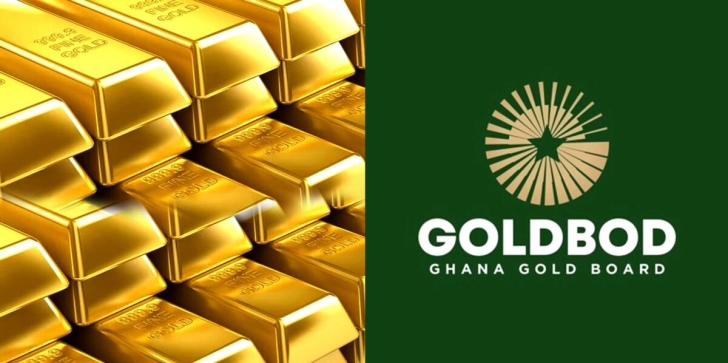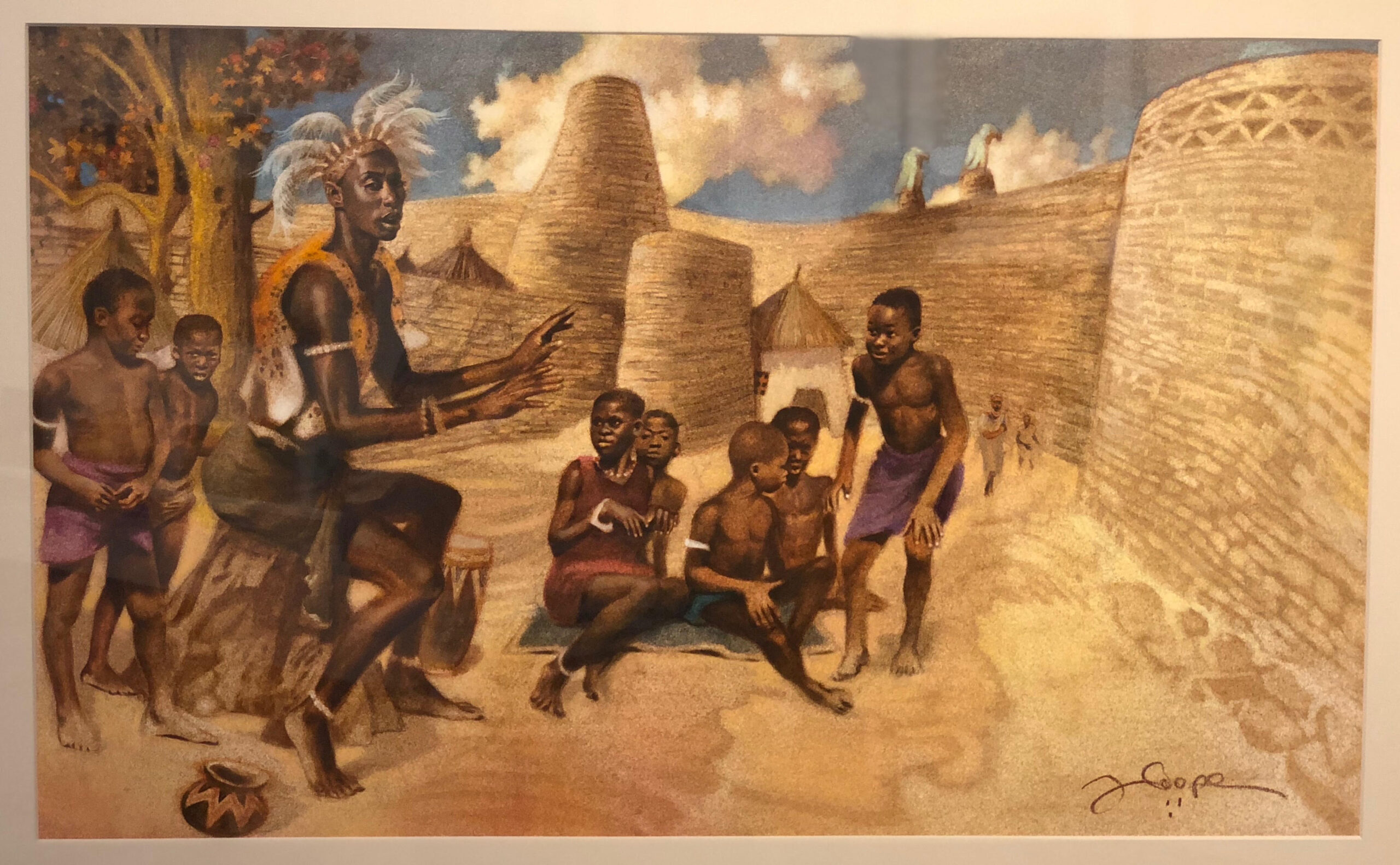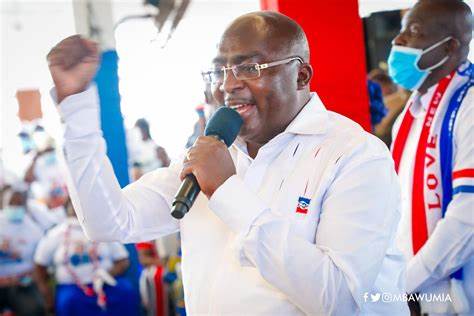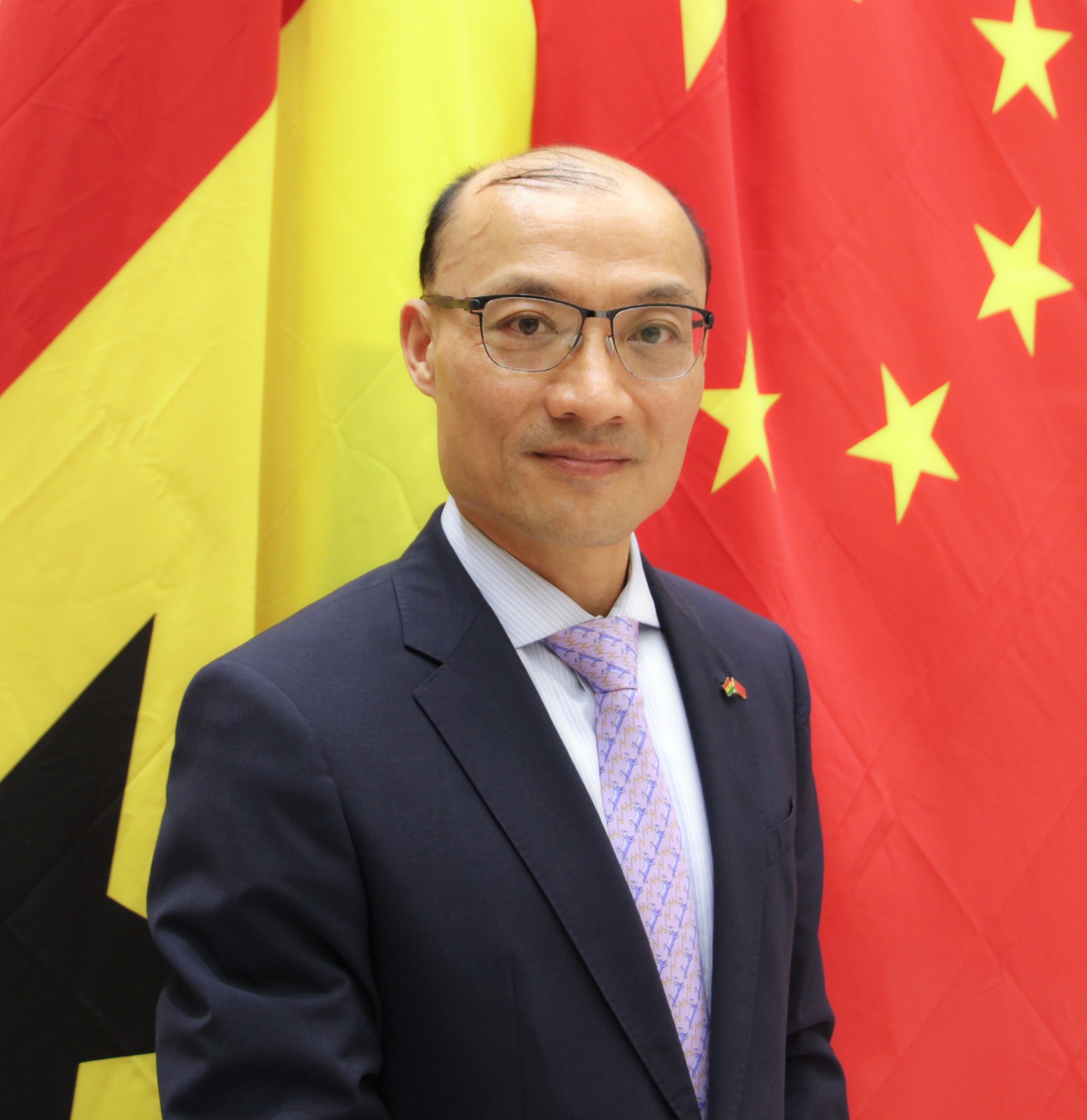Adu Koranteng writes
They’ve found a new way to rob us — again.
This time, the target is not just the state coffers. It’s the lives, sweat, and dreams of ordinary Ghanaians. The proposed establishment of a Gold Board is being presented as a solution to regulate Ghana’s gold trade. But to many of us who’ve seen this play out before, it’s nothing more than a clever cover for legalized theft — and a repetition of history’s betrayal.
We’ve seen what happened with cocoa. The Cocoa Board (Cocobod), established under the banner of fairness and market stabilization, turned into a powerful tool for exploitation. Farmers — the very people who nurture cocoa trees, harvest the pods, dry the beans, and hope for a better life — have been forced for decades to sell their produce at state-determined “farm gate” prices, which often fall far below the international market rate.
Meanwhile, Cocobod turns around and sells that cocoa to foreign multinationals at premium prices. The earnings are split in a manner that defies justice: the farmer, who does all the work, receives around 40 percent of the export value. Cocobod and its affiliates — the middlemen in suits and offices — walk away with 60 percent or more. This, by any standard, is an abuse of power.
Now, with the same blueprint, they want to control gold.
The Gold Board would, if passed into law, centralize all gold sales and exports through a single state body. Small-scale miners — many of whom work with bare hands and rudimentary tools — would be banned from selling their gold freely. Instead, they’d be forced to sell only to the Board or through its authorization, at prices the Board sets. It’s a chilling echo of Cocobod’s legacy.
Let’s be clear: this will not empower miners. It will suppress gold prices locally and deny miners the opportunity to benefit fairly from international market trends. The government, through the Board, will profit by reselling the gold abroad at full market value, while the miner who dug it up walks away with scraps.
This isn’t a regulation. This is extraction, not of gold, but of dignity and economic justice.
Worse still, such a system may backfire. History and economics both show that when people are denied fair prices and freedom of trade, underground markets flourish. The likely consequence of this policy is not better oversight, but increased gold smuggling — the very thing it claims to combat.
Ghana is a free-market economy. Policies like this undermine the core values of market freedom, competition, and entrepreneurship. We should be supporting our miners with better tools, financing, training, and access to fair markets, not chaining them to another bureaucratic board.

If the government wants to serve its people, it must break this cycle of exploitation. The wealth of our land belongs to the people who work it. Whether it’s a farmer harvesting cocoa or a miner panning for gold, the principle should be the same: fair reward for honest labor.
We cannot afford to make the same mistake twice. Enditem
Sources:
IMF Working Paper WP/19/73: “Pricing and Farmer Revenue in Ghana’s Cocoa Sector”
World Bank Report: Ghana Cocoa Sector Development Strategy II (2017–2027)
Minerals Commission of Ghana: www.mincom.gov.gh
Ghana Chamber of Mines Reports: www.ghanachamberofmines.org
Reuters (2022): “Ghana Central Bank to Buy Gold Locally”
Share Us



